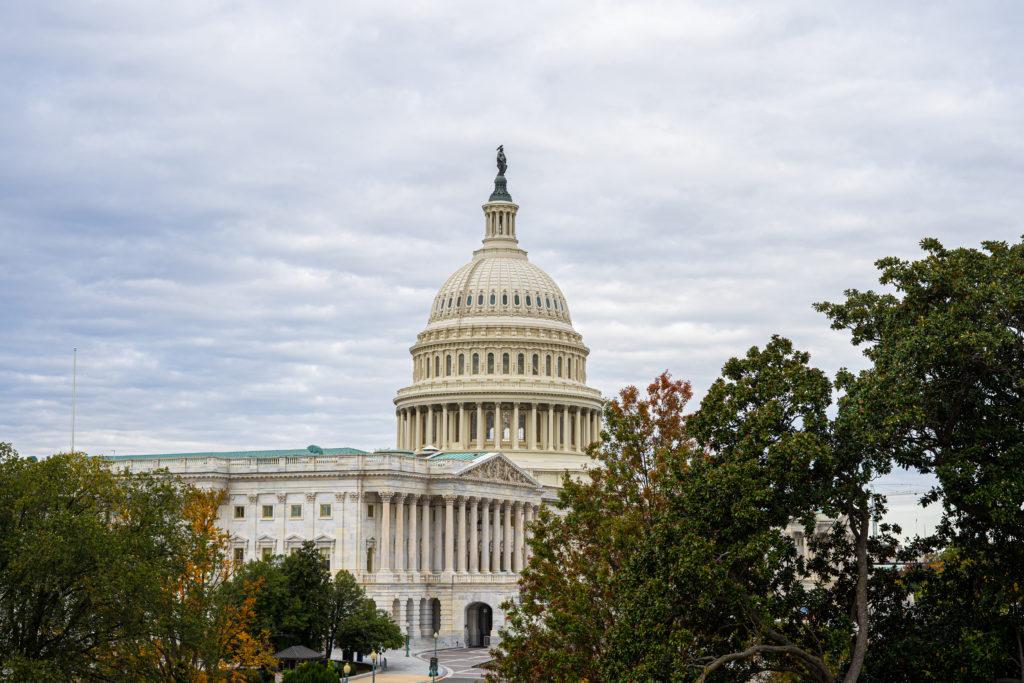by Meghan BurnsHatchet Staff Writer
GW failed to make the U.S. News and World Report magazine’s elite list of the top 50 colleges and universities for the second year in a row this year.
The U.S. News rankings, released Friday, rank schools based on criterion including academic reputation, retention, faculty resources, selectivity, financial resources, alumni contributions and graduation rate performance.
GW was ranked 50th in 1998 and 46th in 1997 – an honor that prompted the University to distribute buttons to students that read GW is 46th.
Administrators downplayed the importance of Friday’s rankings in similar fashion as last year.
I don’t find it an ultimately very useful document, GW President Stephen Joel Trachtenberg said. Anybody who really bases their decision on reading U.S. News and World Report isn’t smart enough to go to GW. And from what I can tell, everybody who’s selecting to come to GW is doing so with an informed capacity and with their eyes wide open.
Various colleges and universities have criticized the rankings for an apparently arbitrary weighting scheme that seems to change from year to year, according to an Aug. 28 New York Times article.
An independent report commissioned by U.S. News found the college rankings lack substance. The report, written by the National Opinion Research Center, calls for immediate changes to the rankings.
The research center reported problems, such as counting graduation rates more than once while leaving other important criteria out of consideration.
As the U.S. News criteria changes from year to year, it is difficult to accurately track the movements of a particular school, the study concluded.
The best use of the rankings is to compare colleges in the same category, Robert J. Morse and Samuel Flanigan wrote in the Sept. 2 issue of U.S. News.
Although criteria used in the rankings remain consistent from year to year, the weight that each category carries changes almost annually. This makes accurately judging a school’s improvement or decline in academic standing a nearly impossible task unless one looks individually at the given statistics as opposed to the composite scores, according to the study.
Robert Chernak, vice president of Student and Academic Support Services, said the GW has improved in most of the categories since last year. However, because of the variations in category importance, this is not reflected in the overall rankings, he said.
Students downplayed the importance of the rankings.
Regardless of the numbers, GW is still a good school with a good reputation, sophomore Linda Warsaw said.
GW scored a 3.3 out of five possible points for its academic reputation, the category that carries the most weight. A university’s academic reputation is based on a survey of presidents, provosts and deans of admission at institutions in a single category. Each individual is asked to rate peer schools’ academic programs on a scale of one to five. The average of these ratings is then taken as the academic reputation rating.
The schools with the highest academic reputation scores in the national university category were Princeton, Harvard and Yale universities, all with scores of 4.9. Schools with academic reputation scores comparable to GW included Baylor University in Texas, Miami University of Ohio and Rutgers University in New Jersey.
Compared to other District schools, including Georgetown, American and Catholic universities, GW stands second only to Georgetown and well ahead of American and Catholic in lowest acceptance rate (49 percent), median SAT scores (25 to 75 percentile, 1140-1330) and freshman retention rate (89 percent).
The GW Hatchet reported in June that GW’s retention rate improved to 92 percent, but U.S. News reports it used an average of the past four years because the University did not give the current number to U.S. News.
Many members of the GW community said they are not overly concerned with this year’s rankings, proving that numbers alone cannot determine a school’s academic standing.
It’s disappointing, but I think GW spends too much time and money worrying about a list that is inconsequential, sophomore Chandra Hubbard said.
Other students find humor in the methodology of the rating system itself.
Maybe they should rank the schools by price, junior Jessica Armienti said. Then we could be first.
-Ashley M. Heher contributed to this report.







